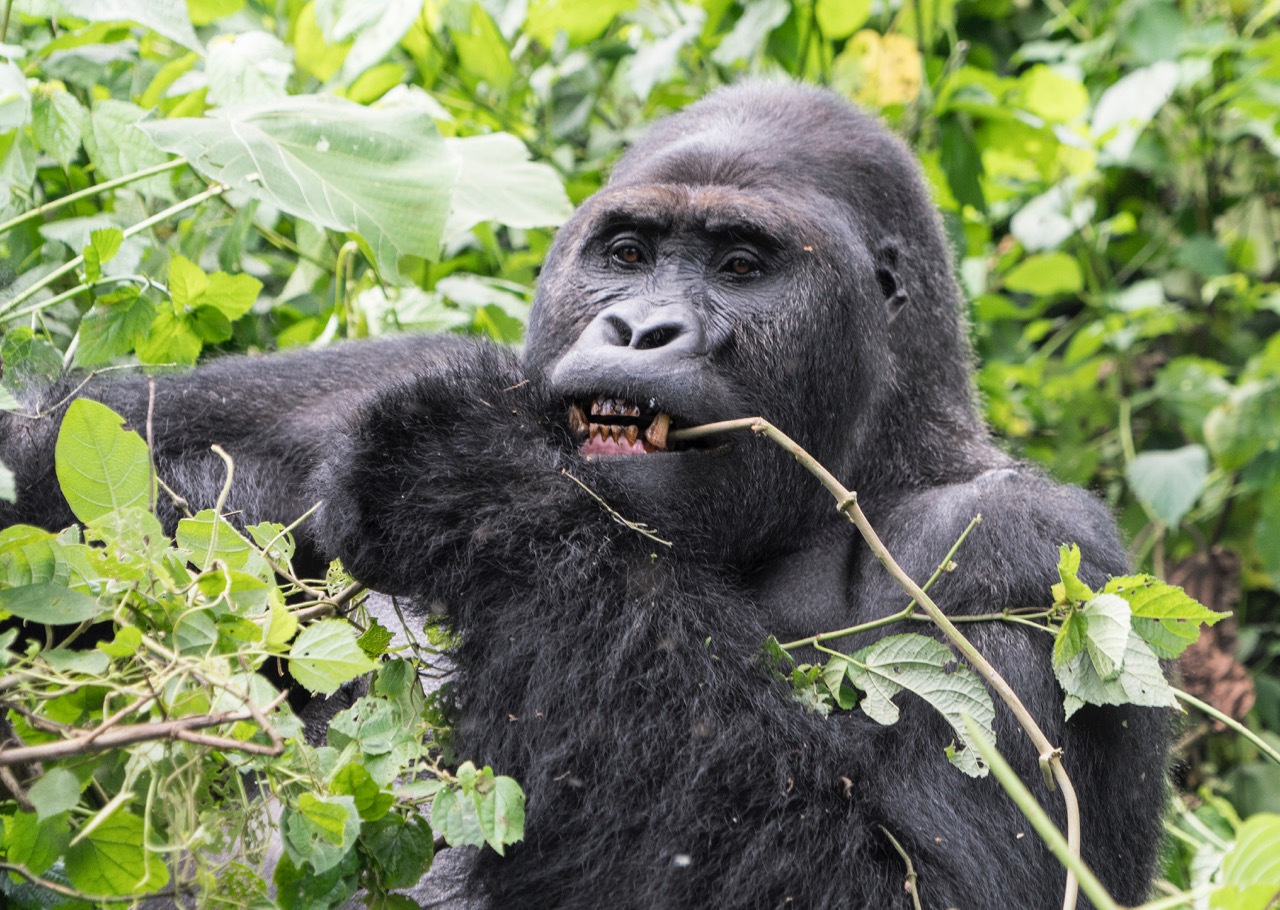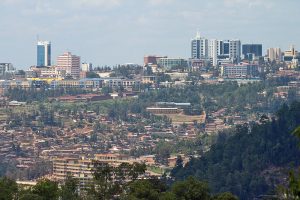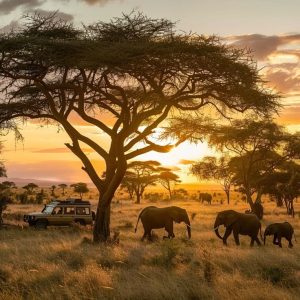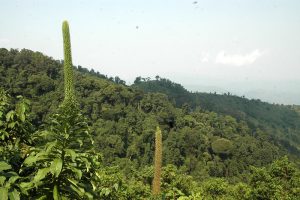Why did Rwanda increased Gorilla permit price?.
Rwanda, a jewel in East Africa renowned for its commitment to gorilla conservation, recently adjusted the price of gorilla permits. We delve into the factors behind this decision of why did Rwanda increased gorilla permit price, providing insights into the intricacies of gorilla tourism and the ongoing efforts to safeguard these endangered species.
Conservation Funding:
Investing in Gorilla Protection, The primary motivation behind Rwanda’s gorilla permit price increase lies in the commitment to sustained conservation efforts. We emphasize that the funds generated from permit sales directly contribute to the protection of mountain gorillas, their habitats, and the overall biodiversity of the Virunga Massif, Volcanoes National park.
Enhanced Visitors Experience, Limiting Group Sizes, Rwanda has implemented measures to enhance the visitors experience during gorilla trekking. We reveal that the price adjustment is partially aimed at limiting group sizes, ensuring a more intimate encounter with the gorillas. Smaller groups contribute to a less intrusive experience, minimizing the impact on the gorillas and their natural behaviors.
Investment in Infrastructure and Safety: The increase in gorilla permit prices allows Rwanda to invest in essential infrastructure and safety measures. Abunda Discoveries Uganda highlights that these investments include maintaining trekking trails, ensuring the safety of both visitors and gorillas, and implementing protocols to mitigate potential risks associated with trekking.
Community Development, Empowering Local Populations, Rwanda’s commitment to responsible tourism extends to the local communities surrounding gorilla habitats. We explain that a portion of the permit fees is allocated to community development projects, providing economic opportunities, education, and healthcare to residents. This approach aims to create a harmonious relationship between tourism and local communities.
Demand Management:
Balancing Conservation and Tourism: Rwanda faces a delicate balance between meeting the demand for gorilla trekking experiences and ensuring the long-term conservation of mountain gorillas. We points out that adjusting permit prices helps manage demand, preventing overcrowding during treks and safeguarding the well-being of gorilla families.
Competitive Pricing in the Region, Aligning with Global Standards, The adjustment of gorilla permit prices in Rwanda is also a response to regional and global standards. We notes that Rwanda aims to align its pricing with the unique value of gorilla trekking experiences, ensuring sustainability while remaining competitive within the broader context of East African tourism.
Educational and Research Initiatives, Investing in Knowledge, Gorilla trekking in Rwanda is not just a tourism activity but a platform for education and research. We reveals that the increased permit fees contribute to ongoing research initiatives, fostering a deeper understanding of gorilla behavior, health, and ecology for the benefit of conservation efforts.
Conclusion: Rwanda’s decision to adjust gorilla permit prices reflects a multifaceted commitment to conservation, responsible tourism, and community development. Abunda Discoveries Uganda encourage travelers to view this adjustment as a strategic investment in the long-term well-being of mountain gorillas and their habitats, ensuring that future generations can continue to marvel at these magnificent creatures in their natural homes.




